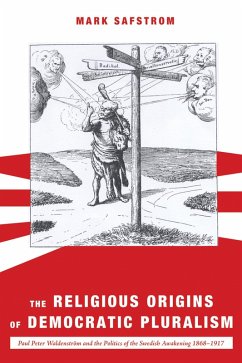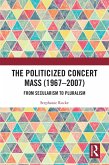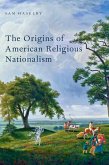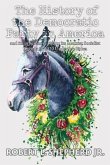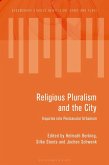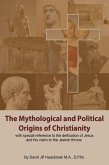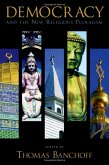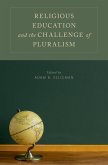The Religious Origins of Democratic Pluralism focuses on explaining one of the riddles that fascinated historians and political scientists through much of the twentieth century, namely, the origin and development of Swedish social democracy. While other countries in Europe experienced dramatic swings between radical and conservative political parties, which resulted in tragic experiments with totalitarian regimes, Sweden by contrast miraculously seemed to avoid these extremes, and maintain space for democratic discussion and dissent. This peaceful transformation was facilitated by political actors who crafted the discourse of their debates in such a way that pluralism came to be valued as an ethical good and then vigorously defended. This study turns back the clock to examine the critical decades leading up to the emergence of social democracy, and in particular, the career of one prominent politician, Paul Peter Waldenstrom (1838-1917). In addition to a career in politics, Waldenstrom was a clergyman, revival preacher, educator, author, and newspaper editor, whose political career began in 1868 with his participation in the Church Assembly of the Church of Sweden, and expanded during his years of service in the Swedish parliament, the Riksdag, from 1884 to 1905. This study places Waldenstrom in dialog with his contemporaries and opponents as a means of identifying how the theological values and priorities of the religious awakening were articulated in the public square and contributed to the development of a new political order.
Dieser Download kann aus rechtlichen Gründen nur mit Rechnungsadresse in A, D ausgeliefert werden.

